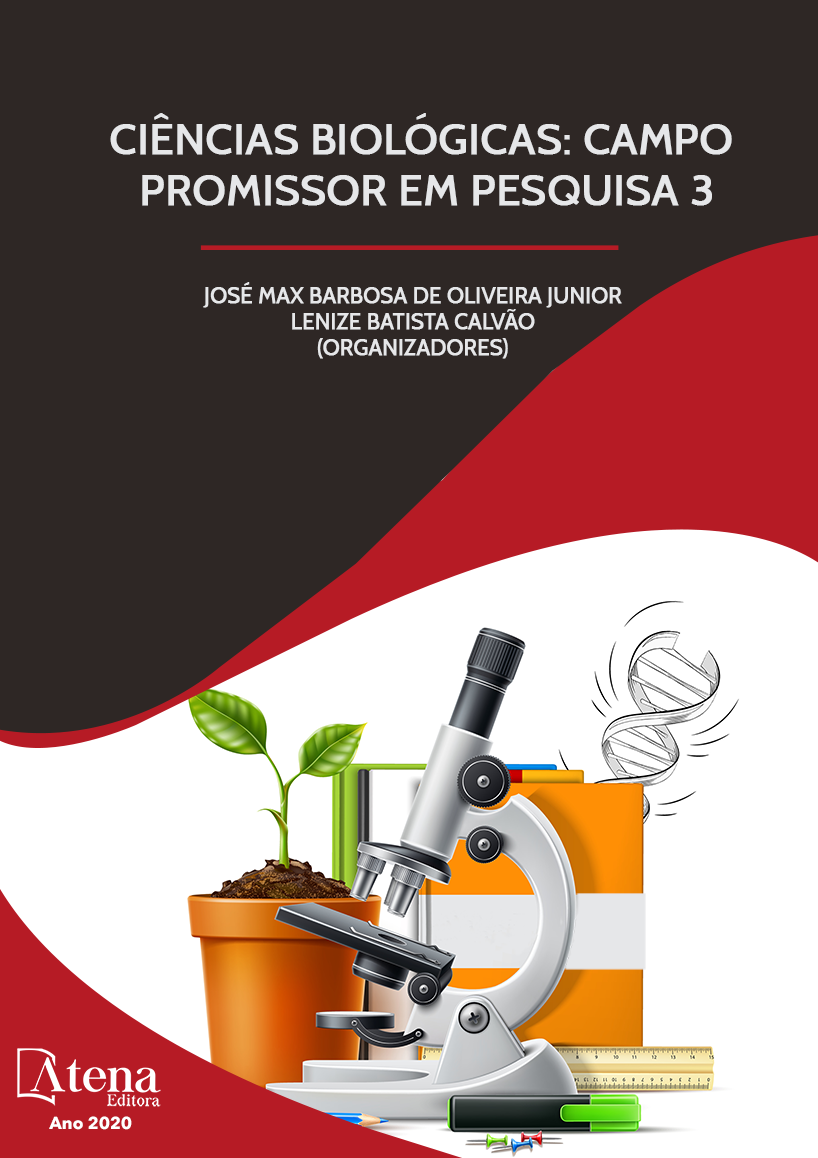
Avaliação do potencial anti-inflamatório do extrato hidroalcoólico da casca da Luehea divaricata.
A Luehea divaricata popularmente conhecida como açoita cavalo é utilizada na medicina popular, entretanto os estudos que avaliam a atividade farmacológica desta espécie vegetal são escassos. Portanto, o objetivo deste estudo foi avaliar a ação anti-inflamatória de extrato hidroalcoólico da casca da Luehea divaricata (EHLd). O efeito anti-oxidante de EHLd foi avaliado pelo método de DPPH e a citotoxicidade de EHLd em células Raw 264.7 foi avaliada pelo método MTT (tetrazólio de metiltiazol), assim como, e o seu efeito anti-inflamatório foi avaliado pela dosagem de NO e expressão gênica de IL-1β e IL-6 pelos métodos de griess e PCR em tempo real (RT-qPCR), respectivamente. Além disso, o efeito anti-inflamatório de EHLd também foi avaliado em camundongos com dano pulmonar agudo (DPA). Foram analisadas a contagem total e diferencial de leucócitos tanto do lavado quanto do sangue, a expressão gênica de IL-1β e IL-6 pela RT-qPCR do pulmão e foi realizada a análise histológica dos pulmões, rins e fígado. Através da cromatografia líquida de alta eficiência (CLAE), o EHLd apresentou como picos majoritário as substâncias, Rhoifolin, Isorhoifolin, Naringin, Kaempferol – 3 -0 caffeoyl glucoside 7 – 0 Glucoside, e Nuzhenide. O EHLd na concentração de 250µg/mL, apresentou efeito anti-oxidante ao capturar 55% de radicais livres. O EHLd apresentou baixa citotoxicidade em todas concentrações testadas de 50μg/mL a 250 μg/mL (p<0,05). Em relação ao estudo in vivo, o pré-tratamento com EHLd reduziu a migração celular, principalmente de neutrófilos, para os pulmões dos camundongos com DPA, e também reduziu a expressão dos genes IL-1β e IL-6 dos pulmões, assim como, reduziu o edema e o infiltrado leucocitário nos pulmões provocado pelo LPS. Diante deste contexto, o extrato da Luehea divaricata poderá auxiliar no tratamento de inflamações.
Avaliação do potencial anti-inflamatório do extrato hidroalcoólico da casca da Luehea divaricata.
-
DOI: 10.22533/at.ed.2572016018
-
Palavras-chave: Luehea divaricata, açoita cavalo, atividade Anti-inflamatória
-
Keywords: Luehea divaricata, horse whip, Anti-inflammatory activity
-
Abstract:
Luehea divaricata popularly known as horse whip is used in folk medicine, however studies evaluating the pharmacological activity of this plant species are scarce. Therefore, the aim of this study was to evaluate the anti-inflammatory action of the hydroalcoholic bark extract of Luehea divaricata (EHLd). The antioxidant effect of EHLd was evaluated by the DPPH method and the cytotoxicity of EHLd in Raw 264.7 cells was evaluated by the MTT (methyltiazole tetrazolium) method, as well as its anti-inflammatory effect was evaluated by the NO and IL-1β and IL-6 gene expression by griess and real-time PCR (RT-qPCR) methods, respectively. In addition, the anti-inflammatory effect of EHLd has also been evaluated in mice with acute lung injury (APD). Total and differential leukocyte count from both lavage and blood, IL-1β and IL-6 gene expression by lung RT-qPCR were analyzed and histological analysis of the lungs, kidneys and liver was performed. Through high performance liquid chromatography (HPLC), the EHLd showed as major peaks the substances Rhoifolin, Isorhoifolin, Naringin, Kaempferol - 3 - caffeoyl glucoside 7 - 0 Glucoside, and Nuzhenide. EHLd, at a concentration of 250µg / mL, showed anti-oxidant effect by capturing 55% of free radicals. EHLd showed low cytotoxicity at all concentrations tested from 50μg / mL to 250 μg / mL (p <0.05). Compared to the in vivo study, pretreatment with EHLd reduced cell migration, mainly from neutrophils, to the lungs of DPA mice, and also reduced the expression of lung IL-1β and IL-6 genes, as well as, reduced edema and leukocyte infiltrate in the lungs caused by LPS. In this context, Luehea divaricata extract may help in the treatment of inflammation
-
Número de páginas: 59
- ANTONIO CARLOS ROMÃO BORGES
- LÍDIO GONÇALVES LIMA NETO
- MARILENE OLIVEIRA DA ROCHA BORGES
- ARUANÃ JOAQUIM M. COSTA R. PINHEIRO
- JADIEL DE ABREU PIMENTA LINS


